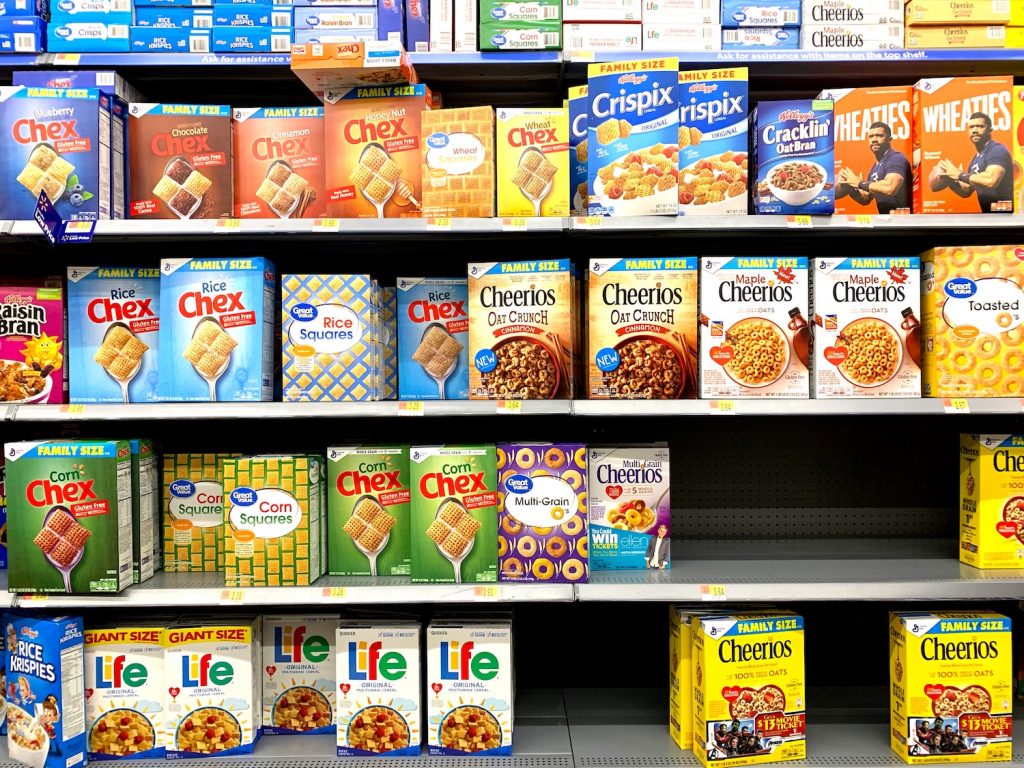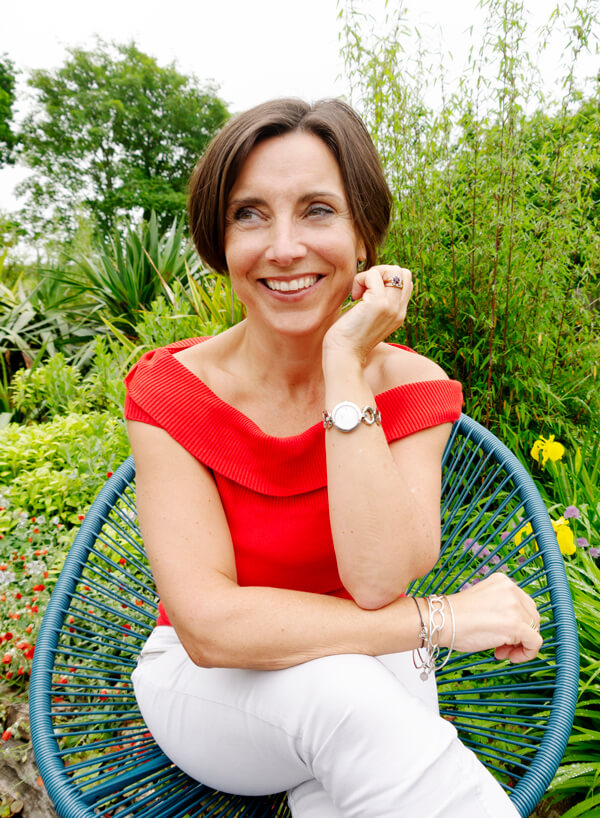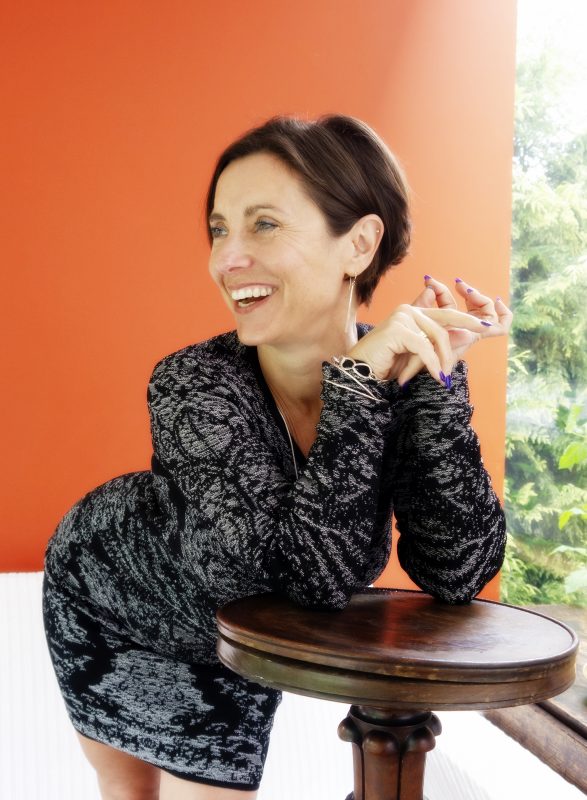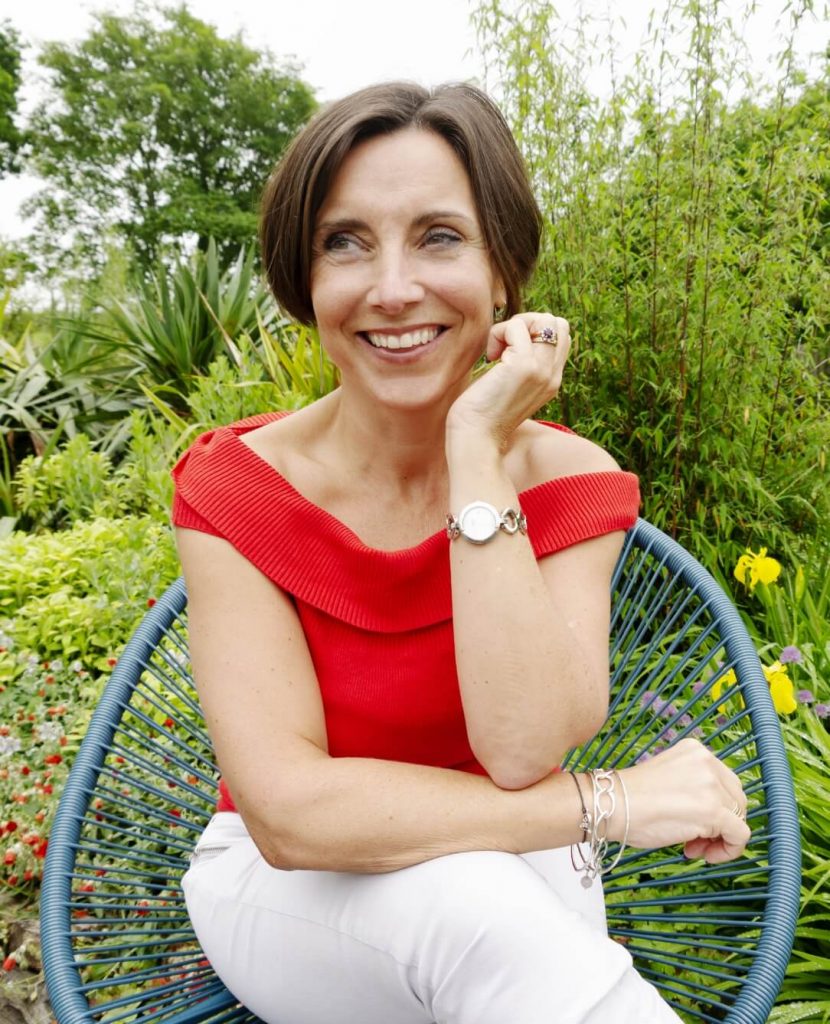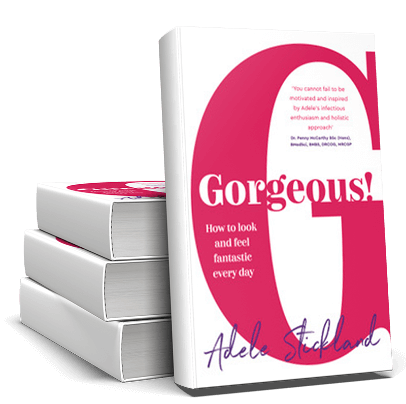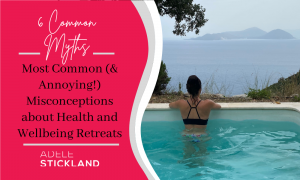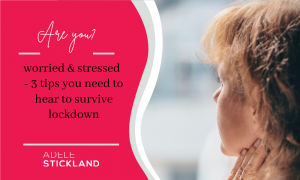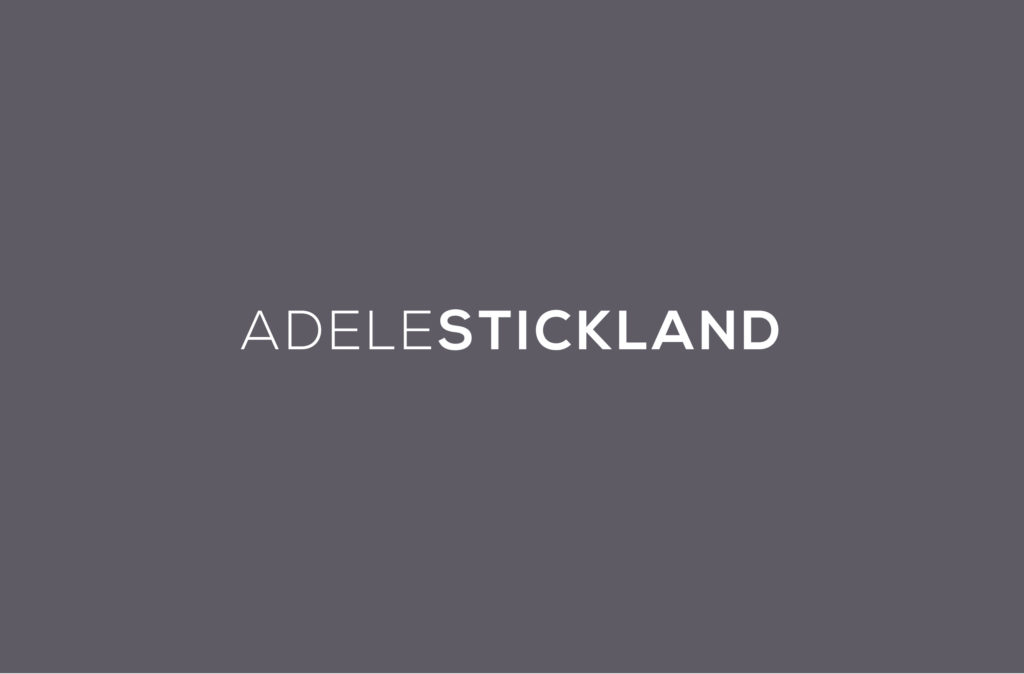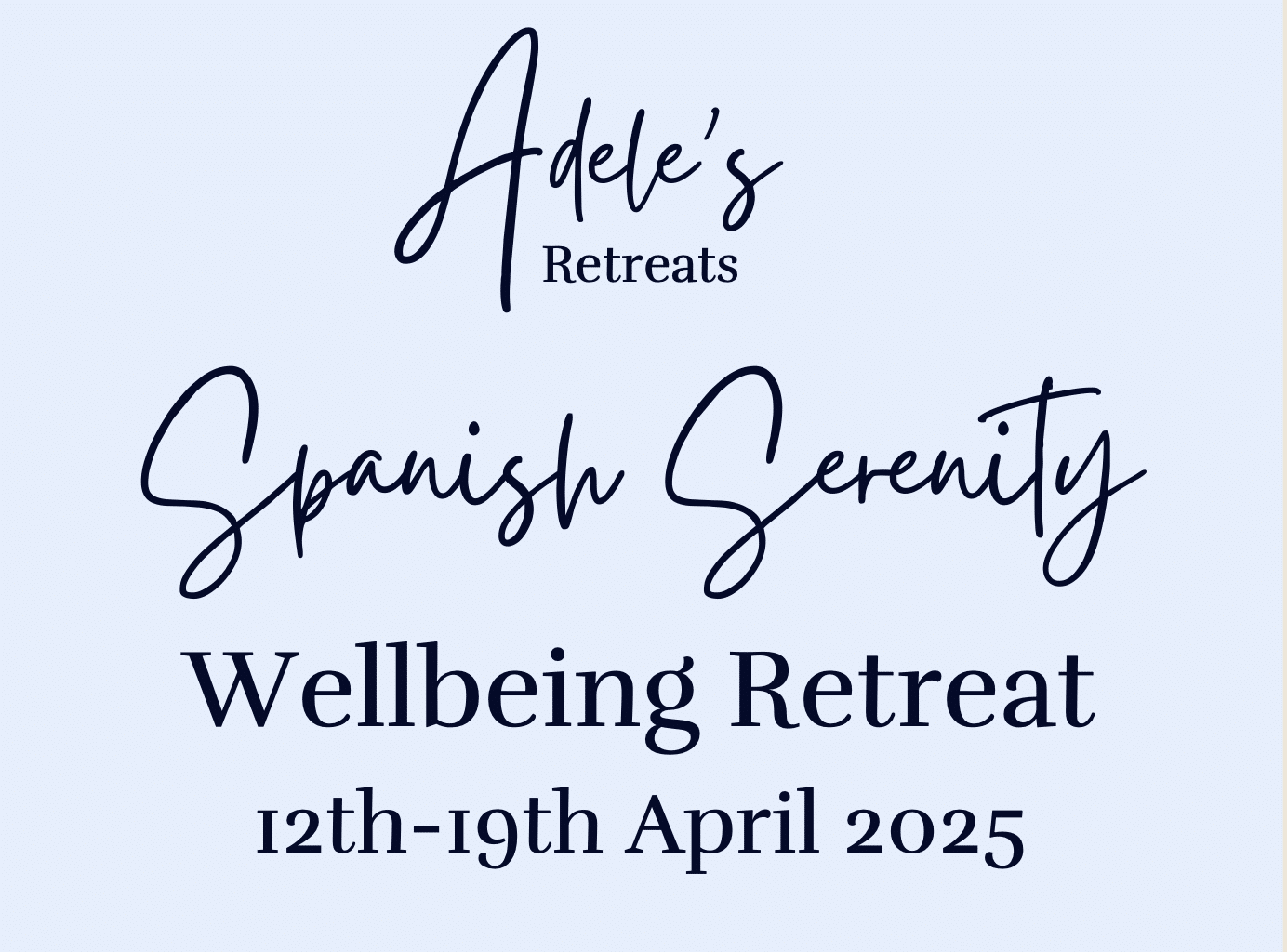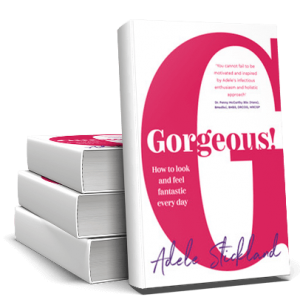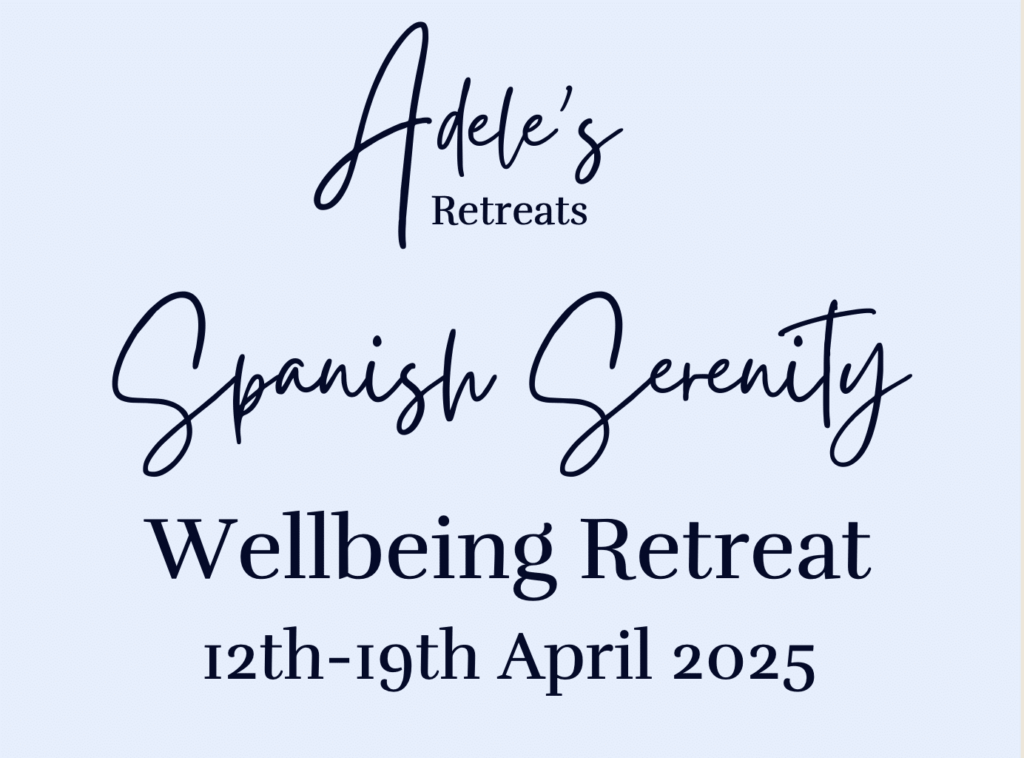Why is it that the big special treats in life we can come up with the readies, the cash, but when it comes to our health, there is a reluctance to spend? The latest research shows that the price of food has dramatically dropped and obesity has risen. Why is it okay to spend money on a business opportunity or great night out, a ‘must-have’ pair of shoes or handbag but not on your health? What is that about? If you have a sore shoulder, bad knee or worrying back ache why wait 6 weeks for a physio appointment? The reluctance on spending on your health, raise the pertinent question why is the price of food the main approach for your food buying purchases? The statistics show that the less you spend on the quality of your food the higher BMI. Why is your long term well being the last thing to be considered? This blog will outline three reasons that I have found that stand in the way when it comes to food choices and guides you through dispelling cheap food myths.
Life is busy, working mums want time-saving efficiencies, of course. Time spent preparing food over the last 30 years has halved. Thank goodness, nobody wants to go back to the time when a meal took 2 hours to prepare. I bless my vegetable steamer, washing machine, tumble dryer and dishwasher every time I switch them on. However, the NHS statistics illustrate that:
“energy-rich, nutritionally poor meals tend to be cheaper and quicker to cook”
With a worrying trend emerging, research shows that children from lower socioeconomic groups are now over-represented among children with the highest weight. According to current research, we are reducing the amount of money we spend on food:
- In the 1930s, Americans spent 1/4 of their disposable income on food.
- By the 1950s, that had dropped to about 1/5.
- Americans now spend less than 1/10 of their money on food.
A cheaper diet tends to add up to eating more and less healthy eating. Cheaper more accessible food means that our mindset has shifted. If we compare the price of an organic tomato to an ordinary tomato why would you pay more? It is counter-intuitive until you look at the longer-term implication behind your buying decision.
I wrote an emotive post a few weeks ago when a client with ME told me that ‘organic food’ was too expensive for her budget. In response, another client carried out some research and shared her findings on the cost of organic food compared to her previous way of shopping. Her findings are further below in this blog, but before we go into the actual cost of food there are 2 other interesting factors to consider when considering the fallacy that cheap food is going to be sufficient for your health.
Over the years my clients have shown me that spending money on your health is based on a kind of health continuum. A mysterious line of self-love and respect with one end of the continuum is not caring one jot for oneself and the other end of the scale is supreme self-love. Where are you on that line, would you spend money on quality food, or is a special jar of pickle from the farmers market once a month as far as you would be prepared to go?
Whilst some women can spend graciously on their makeup, beauty treatments and the latest health gizmo, there are other ladies who spend almost nothing on themselves. The question is where are you on this line? I am going to tackle the simple question of food and health in this blog and trust that by dispelling the cheap food myth it will encourage you to think differently about spending money on yourself in other areas of your life which affect your health.
Most of the clients I talk to you feel that spending anything on themselves is ‘selfish’ or high maintenance. I remember the scene in Sex in the City when Samanthas latest hunk buys her a beautiful piece of jewellery – a glittering and huge ring. Every girl’s dream – right? Samantha was really annoyed. I didn’t understand Samantha’s frustration for a long time. She explained later in the programme to her girlfriends that because the handsome chap had bought her such a wonderful gift she had denied herself the joy of buying it for herself. She deserved to treat herself and she gained great pleasure from treating herself.
How far on the ‘finding pleasure from buying something for yourself’ continuum are you? Do you find it pleasurable to spend money on yourself in the way that Samantha does or do you wait for others to notice that you really ‘need’ that item? And then feel frustrated that they haven’t noticed, despite your pleading looks and quiet murmurings?
Organic food may not be a glittering ring, but for some, it is almost as unthinkable.
The interesting thing about buying organic food or even spending on your own health is that a mindset shift needs to occur. The shift that it is safe and possible for you to invest in yourself. It is neither selfish nor vain in fact it should be your priority for you to function well and keep giving and supporting your loved ones. Put on your own oxygen mask before helping others.
3 things need to occur:
The first is a shift in your headspace, acknowledge that it is okay to think of yourself. Secondly appreciating the nutritional value of food rather than what will satiety the taste buds. This logic will resonate with your left brain logic receptors. And finally, the really down to earth calculation, is taking the time to work out the actual cost and the true price difference between organic and ‘cheap’ food.
In summary, changing the way you approach your food and your health is a combination of 3 realisations:
- Mindset shift
- Nutritional value of food
- Calculating the real cost differential
1.Mindset
I was interviewed by Louise Lloyd for her podcast this week, Louise has run a successful yoga practice for decades and has transitioned into a Health Coach for local businesses and corporations in the Cambridge area her website is www.louiselloyd.life where you can hear our podcast together.
Don’t miss Breakfast is NOT the most important meal of the day
We both faced the same disconcerting reluctance from potential clients asking for advice and yet being unable to consider looking after themselves because of their unseen barriers. Personal walls that had been built around themselves to keep them safe. A fortification of a limited mindset.
There is a prevalent money mindset which prevents investing in one’s health, perhaps because our wonderful NHS is free there is a reluctance to spend on your own welfare and therefore an unwillingness to take responsibility for your own wellness. There is a heavy dependency on relying on not just the white coat, but also other gurus that appear to have all the answers. I believe that is why most Drs fear the ‘google search’ before a consultation, very little common sense is applied.
Personal investigation and research are welcome when backed up by research.
To elaborate, my book Gorgeous! How to look and feel fantastic every day reports on the wealth of research that has debunked the low-fat experiment of the last 50 years. And even more, recent research from the University of California has strongly supported the inclusion of dietary fat into our diet. The research explains in detail that cholesterol is benign, rather than harmful.
“The science that these guidelines were based on was wrong,” Robert Lustig, a neuro-endocrinologist at the University of California
The latest report reveals that in the 1960s, the sugar industry lobbyists funded research that linked heart disease to fat and cholesterol while downplaying evidence that sugar was the real killer. In addition, the National Obesity Forum (NOF) argues that advice to cut back on fat and cholesterol is “the root cause” of Britain’s skyrocketing rates of obesity and diabetes.
“The change in dietary advice to promote low-fat foods is perhaps the biggest mistake in modern medical history.”Aseem Malhotra, a British cardiologist
This latest research compounds what nutritionists already now. However since the ‘low fat’ thinking’ has become institutionalised and enshrined in our corporate and medical world, it will take some years for this to shift mindsets.
Cheaper food products have increased sugar, ‘processing’ food is synthesized in the laboratory and as a consequence reduces the vitamins and nutrient content.
“A persistent problem in food processing and food irridation is that it can adversely affect food flavour. Therefore the 1980s saw huge advances in “flavour barrier” technology, which involves materials specially tailored to the food that prevent migration of flavour related chemicals to and from the food. In addition, the food, industry has increasingly made use of chemists as flavor specialists to design food flavors to suit
consumers’ tastes” Schlosser, 2002
Longer shelf life means irritating foods means that the food then needs to be chemically enhanced as a result – in a word Yuck!
2. No such thing as ‘cheap food’
Have you heard of the expression – there is no such thing as cheap food. Nutritionists use the phrase frequently. Your food may appear cheap in terms of an initial outlay of cash from your pocket, but the longer-term effect of cheap food on your health is cumulative and destructive. Another phrase I enjoy using is ‘win tomorrow today’. The cheap food choices you make today will have a profound effect on your health tomorrow.
Organic fruits, vegetables and meat aren’t grown using toxic chemicals or raised in toxic environments, they contain more beneficial nutrients than non-organic foods. For the planet and your body, they are more favourable. When you buy cheap food, you should expect long term negative results. After all, when you buy the cheapest car, house, clothes or anything else, you get what you pay for. The same goes for your food.
Consider the results of the processing of cheap food, fewer vitamins and nutrients which means less energy for you. The increased sugar content of cheap processed foods will result in the heightened response to glucose and the effect of high and lows of the glucose and insulin reactions throughout your day
3. Organic food – how much money are you spending?
For this section, I am going to let lovely Soph explain her thinking and calculations around buying organic food. Whilst on Slimming World she had an up and down food pattern, sticking to the programme most days and going haywire another. Which reflected in her food costs…
“Had a quick look back at my budget planning to compare weekly food bills. Little scary actually at the amount of wasted food and money prior but we live and learn. An average weekly food bill in March ( Whilst on Slimming World) if I include all receipts – the sneaky petrol chocolate, takeaways as can’t be bothered to cook etc. Is a staggering £88.58! This obviously includes all the food I purchased for my healthy planned meals that went in the bin as I had a takeaway instead!
Average weekly food bill in June this now includes a weekly Riverford organic veg and fruit box. I am currently on around a quarter of meat being organic £47.20 – This does include a little dark chocolate as well! I am consuming less food as following the hand portion guide but better quality ingredients and mind switch mean I am feeling fuller and healthier. Other positive side benefits – less food waste, less spend on random caught eye purchase as not in big supermarkets.
Hope you have a gorgeous day”Love Soph x
The conclusion is clear. The average food bill may well be smaller, but the ensuing purchases of takeaways and other add ons make the cheaper food option more expensive in the longer term. A mindful approach to eating with nutritious food actually saved Soph money. She savoured and enjoyed her meals because she knew she was looking after her body and her future.
Other comments that Soph made are equally fascinating:
“Organic meat does not shrink as processed meat. The first time I cooked an organic steak it ended up doing 2 meals as used half for salad the next day as it was almost the same size cooked as raw!”
The money saved by Soph has meant that she now has a
“treat money pot and have started putting my “takeaway” money in there planning a shopping spree for new clothes.”
If you would like to understand your body more, get to grips with the nutritional balance that will work for you feel free to book in your free consultation time with me. You and I will discuss where you are currently and where you would love to be in 3 or 6 months time. I look forward to chatting with you

Get Gorgeous is a journey together – yours and mine.
PS. Don’t forget the gorgeous book – your insight into great health and vitality Gorgeous! how to look and feel fantastic every day. Click here to find out about your Gorgeous book
“Gorgeous! is the perfect read for anyone looking to revolutionise not only their relationship with food and movement but also their relationship with themselves. With Adele’s reassurance and expert guidance, any woman will feel inspired and empowered to begin their journey to prioritising themselves and their health – everybody is perfect and everybody is gorgeous!”
Find out what other clients have to say…
Clients work with me and get their goals set and mindset strong and focused in under 90 days with my proven methods and nutritional habits. Find out more book a call click here to book your session now.
Rachel Hayward University Lecturer Get Gorgeous 24th June 2018

